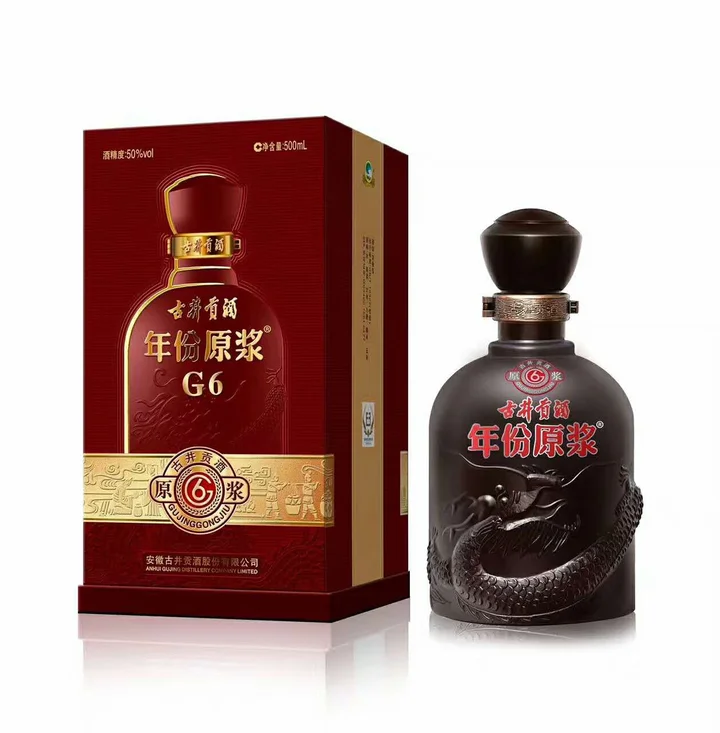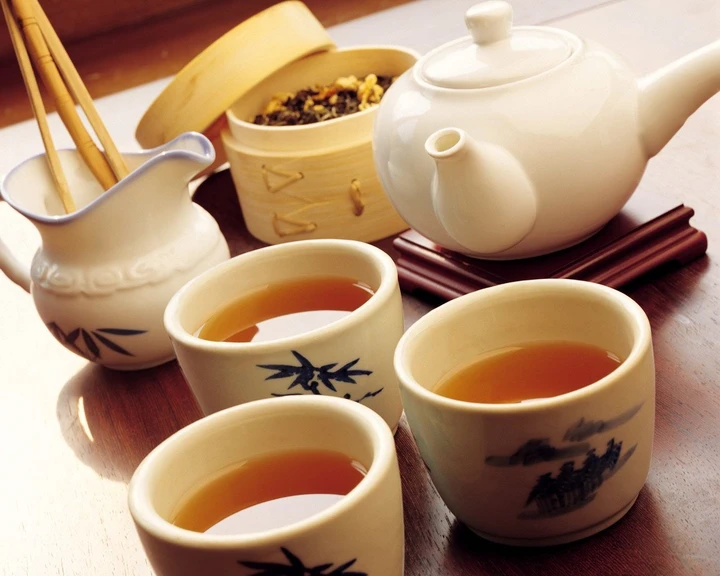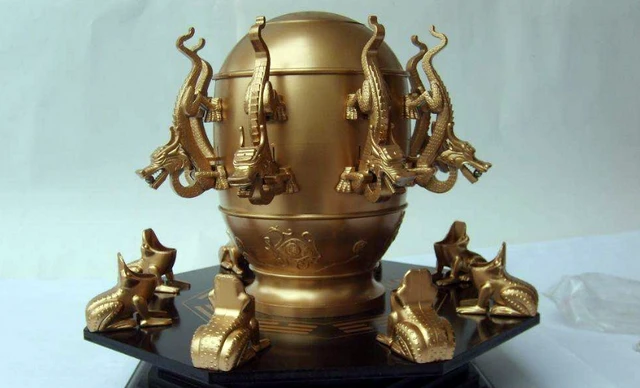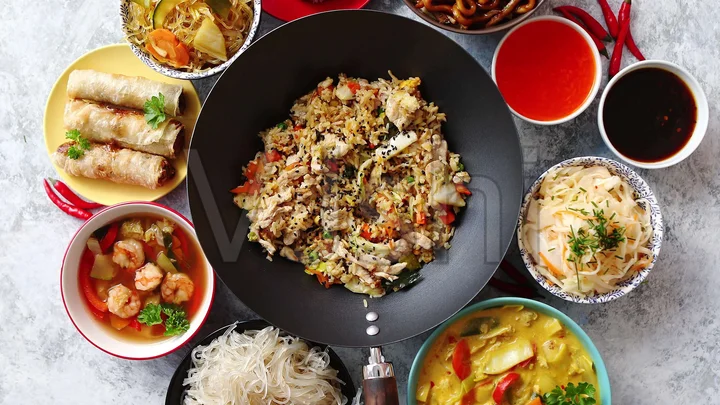List of top ten famous wines in China
Liquor, also known as shochu, shochu, baigan, fire wine, sorghum wine, is a traditional distilled liquor, a type of shochu, mainly produced in mainland China and Taiwan, and is the most commonly consumed distilled liquor in China. Traditional holiday gifts. It is actually a mixed term that includes many different types of distilled spirits. The raw materials may be different grains and there are many varieties, but the core brewing process is pure grain solid-state or semi-solid fermentation technology, which is also the difference between liquor and other distillations. The biggest feature of wine.
1: Guizhou Moutai
National Famous Liquor, China Famous Brand, China Time-honored Brand, the originator of Daqu Maotai Liquor, a listed company, China Kweichow Moutai Distillery Co., Ltd. Moutai has a long history and a long history. From 135 BC Emperor Wu of Han's "Gan Meizhi" praise to the post-1704 praise of Zheng Zhen, a great scholar in the Qing Dynasty, "the wine crowns the country of Qianren". The amount of koji is more than the raw material. Moutai is the most perfect type of Maotai-flavored Daqu liquor, so "Maotai-flavored" is also known as "Mao-flavored". It is the originator of Maotai-flavored liquor.
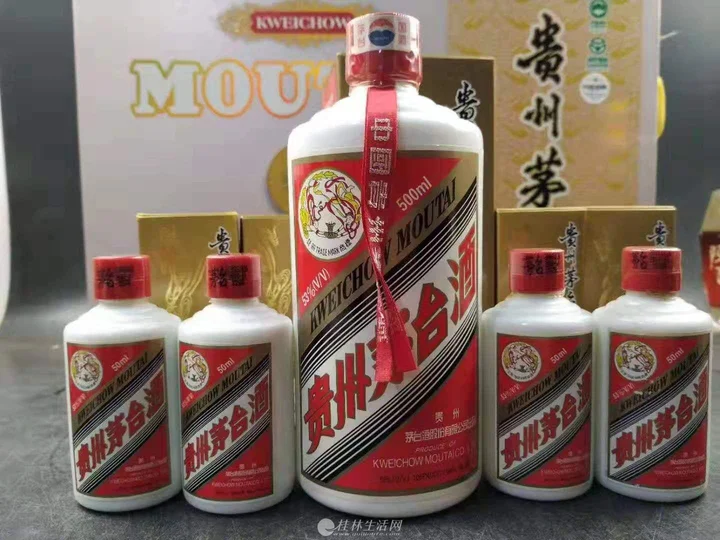
2: Wuliangye
With a brewing history of more than 3,000 years, it is a well-known trademark in China, a time-honored brand in China, and a leading brand in the industry. Sichuan Yibin Wuliangye Group Co., Ltd. Wuliangye is one of the most famous liquors in China and is a well-known trademark in China. The hometown of Wuliangye Liquor is Yibin City, Sichuan Province, which enjoys the reputation of "Hometown of Famous Liquors". The predecessor of Wuliangye Liquor is "Lychee Green", and the royal name is "Miscellaneous Grain Liquor". It was named by Yang Huiquan, a judge in the late Qing Dynasty. Before that, it was called "Miscellaneous Grain Liquor" among ordinary people, and "Yao Zixue Qu" among scholars and scholars. , Wuliangye is Daqu Luzhou-flavor liquor.
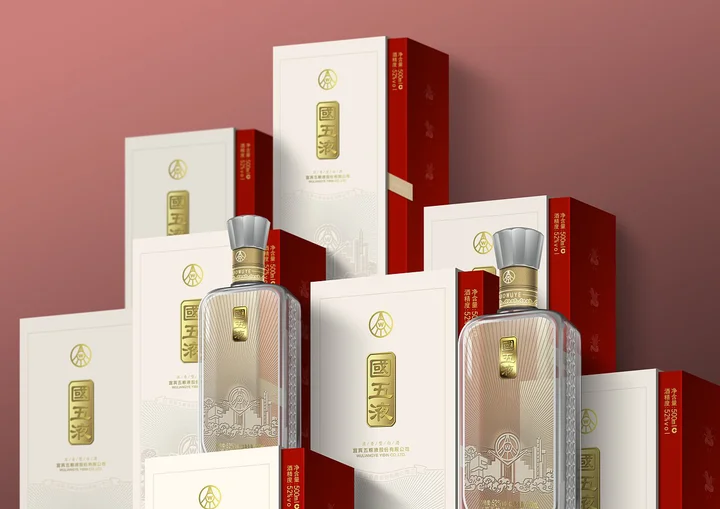
3: National Cellar 1573
Originated in 1573 AD, it is a national intangible cultural heritage, a famous Chinese wine, a well-known trademark in China, a time-honored brand in China, Sichuan Luzhou Laojiao Co., Ltd. One of the four oldest famous wines in China, "the originator of strong fragrance, the master of wine", its 1573 national treasure cellar group became the first national key cultural relic protection unit in the industry in 1996, and the traditional brewing technique was selected as the first batch of national-level cultural relics in 2006. Intangible cultural heritage list, known as "Double National Treasure Unit", its product National Cellar 1573 is known as "living cultural relic brewing" and "Chinese liquor appreciation standard wine".
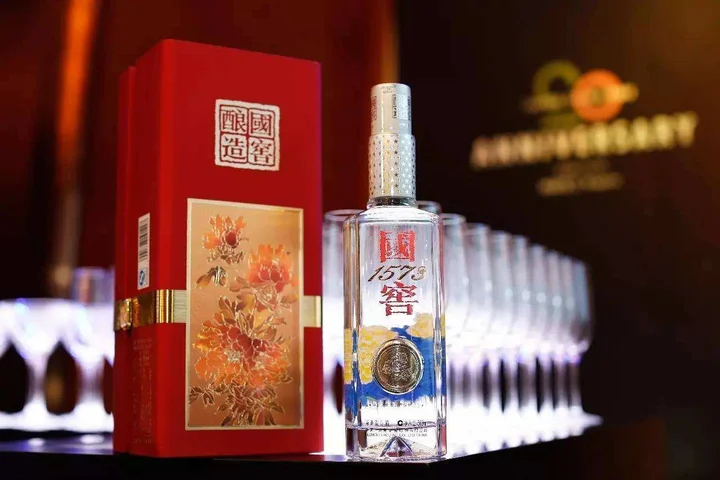
4: Yanghe Daqu
Yanghe Daqu has a history of more than 400 years. It is a famous Chinese wine and a well-known trademark in China. It participated in the formulation of the new national standard for Luzhou-flavor liquor. Jiangsu Yanghe Winery Co., Ltd. Yanghe Daqu, produced in Yanghe Town, Siyang County, Jiangsu Province, is named after the place. An old saying in Yanghe Daqu goes: "Water is the blood of wine, and qu is the bone of wine". Therefore, the assertion that "the place where famous wines are produced must have good springs" is scientifically based. The famous wine "Yanghe Daqu" is produced in Siyang County, Jiangsu Province, and is brewed with the water of the local "Beauty Spring". The poet praised it, also known as "National Wine".
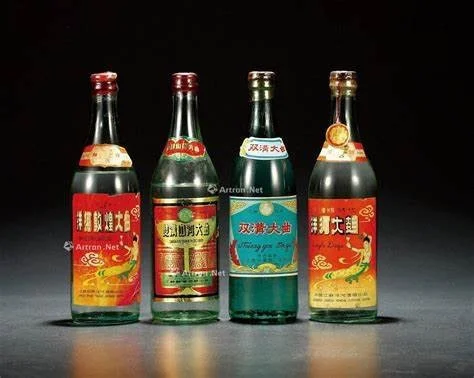
5: Langjiu
Langjiu was founded in 1898, a well-known trademark in China, a time-honored brand in China, China's 500 most valuable brands, a famous brand in Sichuan, Sichuan Langjiu Group Co., Ltd. Langjiu is a well-known Chinese liquor brand with a century-old history. In 1979, it was rated as a national high-quality wine; in 1984, in the fourth national famous wine evaluation, Langjiu was famous for its unique aroma and flavor of "rich sauce, mellow and clean, elegant and delicate, and long-lasting sweetness". Won the laurel of the national famous wine and won the gold medal; in 1985, it participated in the Asia Pacific Expo.
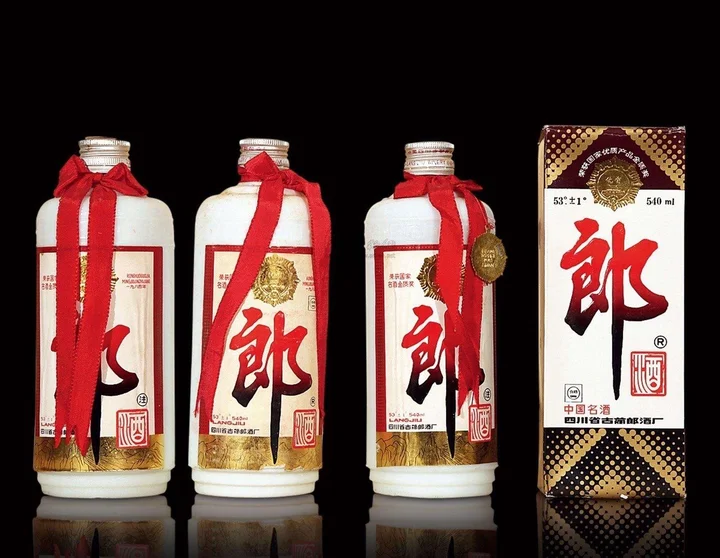
6: Jian Nanchun
Jiannanchun has a history of 2,400 years of Jiannanchun wine, Chinese famous wine, Chinese well-known trademark, Chinese time-honored brand, Sichuan Jiannanchun Group Co., Ltd. Jiannanchun wine is a traditional famous wine of the Han nationality. It is produced in Mianzhu City, Sichuan Province. Because Mianzhu belonged to Jiannan Road in the Tang Dynasty, it was called "Jiannanchun". Mianzhu City in Sichuan is known as the "wine town", and Mianzhu City is named after the production of bamboo wine. As early as the Tang Dynasty, a well-known wine - "Jiannan Shao Chun" was produced. Legend has it that Li Bai sold his coats to buy wine and drank heavily here in order to drink this fine wine. Su Shi in the Northern Song Dynasty praised this honey wine as "opening the urn in three days and filling the field with fragrance" and "the nectar is slightly turbid and daigo clear".
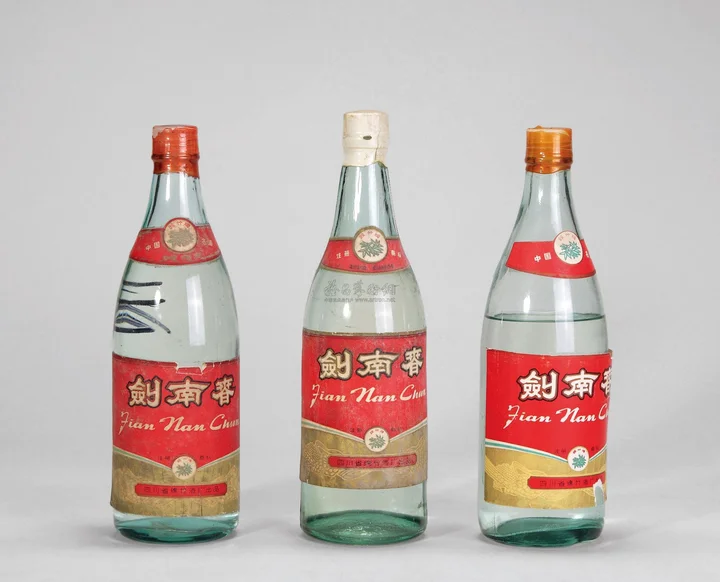
7: Fenjiu
Fenjiu was founded in 1949, a well-known trademark in China, a national key cultural relics protection unit, a wholly state-owned company, Shanxi Xinghuacun Fenjiu Group Co., Ltd. Fenjiu, a typical representative of fragrant liquor, has exquisite craftsmanship and a long history. It is famous for its characteristics of soft mouth, sweet mouth, after-drinking fragrance and long aftertaste. It enjoys high popularity, reputation and loyalty among consumers at home and abroad. Spend. Fenjiu has a long history of about 4,000 years. During the Northern and Southern Dynasties 1,500 years ago, Fenjiu was highly praised by Emperor Wucheng of the Northern Qi Dynasty as the imperial wine, and was included in the twenty-four histories, making Fenjiu famous in one fell swoop.
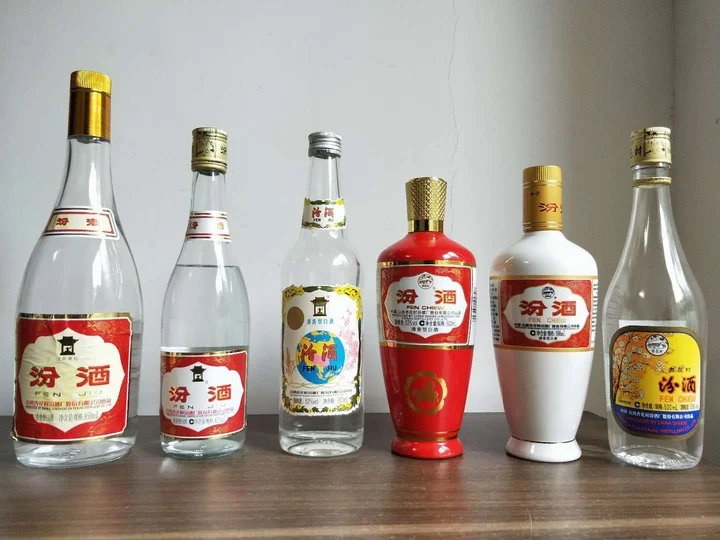
8: Shuijingfang
Shuijingfang was originally a high-end liquor from Quanxing Daqu. It was brewed in the Yuan Dynasty. The brewery is located outside the Old East Gate Bridge in Chengdu, China. It is the site of an old Sichuan liquor brewery in the Yuan, Ming and Qing dynasties. It is known as "the first brewery of Chinese liquor" and the oldest liquor workshop in history.
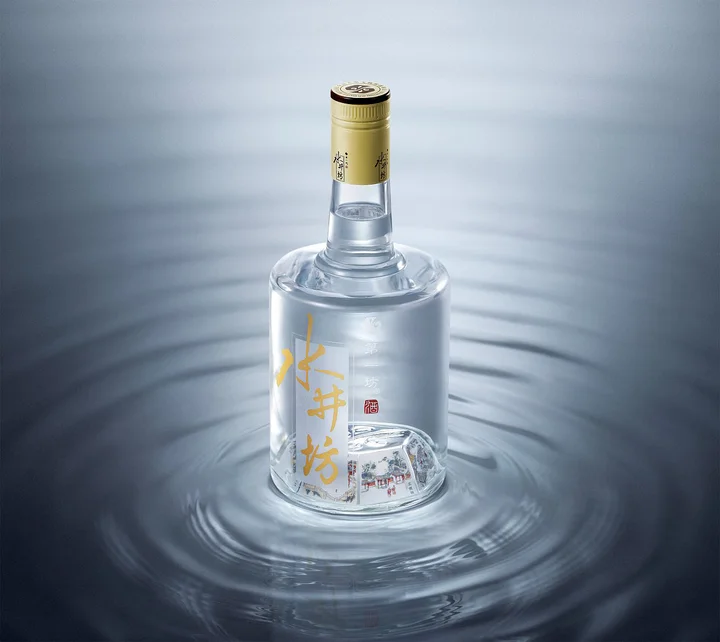
9: Xifeng wine
Xifeng Liquor has a brewing history of more than 3,000 years, a well-known trademark in China, a Chinese time-honored brand, and a liquor brand with the most growth potential, Shaanxi Xifeng Liquor Co., Ltd. Xifeng wine, known as Qin wine and Liulin wine in ancient times, is a traditional Han nationality wine produced in Liulin Town, Fengxiang County, Baoji City, Shaanxi Province, and is one of the four famous wines in China. It began in the Shang Dynasty and flourished in the Tang and Song Dynasties. It has a history of more than 3,000 years. There are many allusions such as Su Shi's singing of wine, and the culture is splendid.
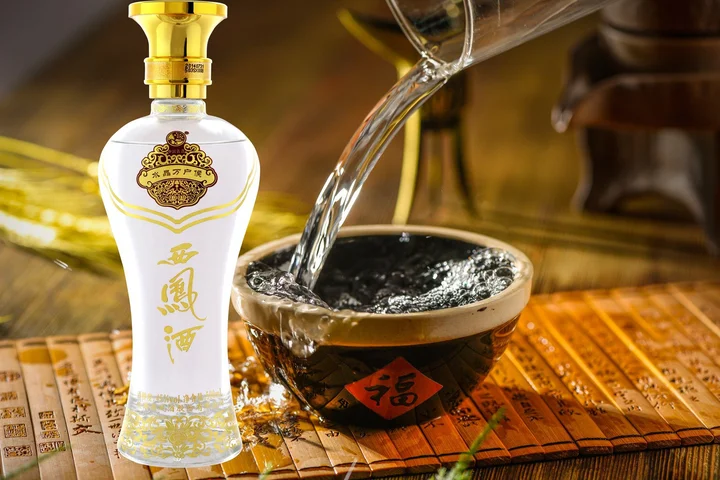
10: Gujing tribute wine
Gujing Tribute Wine has a history of more than 1,800 years. It is a famous Chinese wine, a well-known trademark in China, a famous trademark in Anhui Province, a listed company, and Anhui Gujing Tribute Wine Co., Ltd. Gujing tribute wine is a traditional famous wine in Bozhou. Produced in Bozhou City, Anhui Province, Daqu Luzhou-flavor liquor is a specialty of Bozhou area. It is known as "peony in wine" and is known as one of the eight famous liquors in China. Gujing tribute wine has a very long history in the history of Chinese winemaking. Its origin began in 196 AD when Cao Cao presented the "Jiuwenchun wine" and brewing method produced in his hometown Bozhou to Liu Xie, Emperor Xian of the Han Dynasty. It has won unanimous praise at home and abroad for its unique style of "clear color like crystal, fragrant like pure orchid, sweet and mellow in the mouth, and lasting aftertaste".
